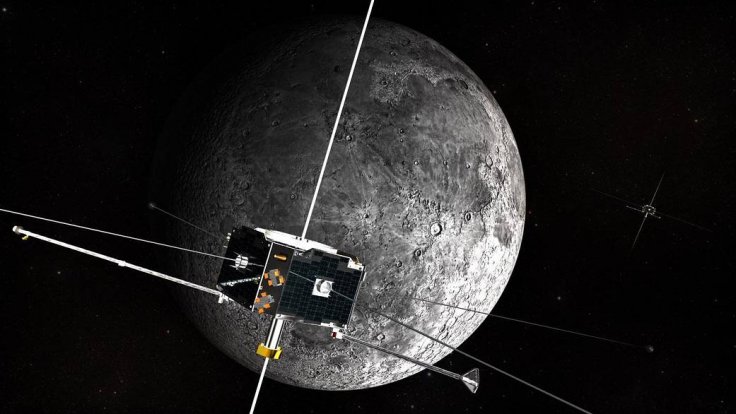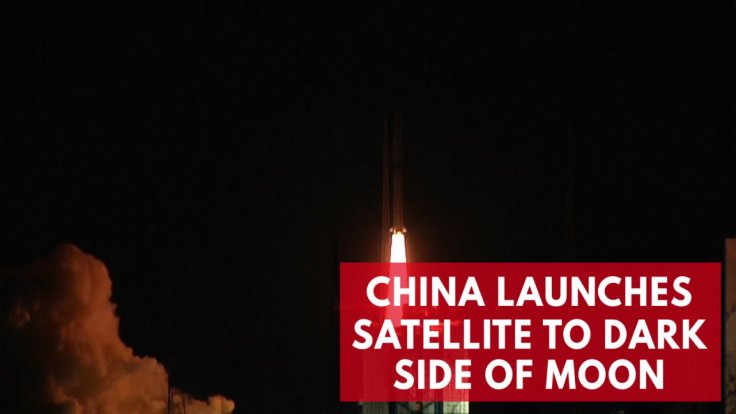Russia expressed disinterest in teaming up with the United States for its 2024 Artemis program and announced to partner with China for the latter's lunar exploration program, a move widely viewed as strengthening the Sino-Russian axis.
Terming the Artemis program a "political" project, Russian space agency Roscosmos head Dmitri Rogozin said the 2024 mission was akin to NATO.
"For the United States, this right now is a big political project. With the lunar project, we are observing our American partners retreat from principles of cooperation and mutual support, which formed in collaboration with the [International Space Station]," Rogozin told a Russian tabloid Komsomolskaya Pravda, according to CNBC. "They are perceiving their program, not as an international one, but one resembling NATO," he said.

In 2017, U.S. President Donald Trump sought to return humans to the Moon, and NASA announced the Artemis program last year. It has been sounding all the allies in its space programs to make the program come to fruition by 2024. However, Russia has decided to team up with China for the lunar program and Rogozin's interview has sent clear signal that Moscow prefers Beijing over Washington.
Rogozin said the talks with Chinese scientists are halfway already. "We agreed to begin the first steps toward meeting each other halfway, namely by determining the contours and value of a lunar scientific base," he said. "Today the relationship between Russia and China is very good. That's why China, yes, is certainly our partner ... The Chinese have grown tremendously in the last few years."
China's Moon Mission
China is ramping up its lunar exploration program, which includes building a base on the moon's south pole. Last April, Beijing announced its plans to build a lunar research station in "about 10 years." Beijing is reportedly set to launch its Chang'e 5 robotic moon mission later this year.
The Chang'e 5 mission will be undertaken in four parts -- an orbiter, ascender, lander and Earth re-entry module. It is reported to have up to 4.4 lbs (2 kilograms) of lunar surface and subsurface samples.

In March, a paper by G. L. Zhang from the National Astronomical Observatory, Chinese Academy of Sciences, due to be presented at the Lunar and Planetary Science Conference but cancelled at the last minute due to the growing Covid-1 concerns, listed the tasks of the Ground Research Application System (GRAS) of the Chinese moon mission -- obtaining lunar samples; setting up special facilities and laboratories to permanently store the samples and backup storage at a different location -- according to Space.com. Another main task included was the preparation and preprocessing of lunar samples.
Though joining hands with China due to Beijing's rapid progress in space exploration, Rogozin was cautious when he stated that the space partnership with the US remained "a valuable bridge for cooperation."
"I trust that this collaboration will persist and will be to a less degree subject to the impact of a dumb political environment, which, unfortunately, is what comes out of Washington today," Rogozin reportedly said.









